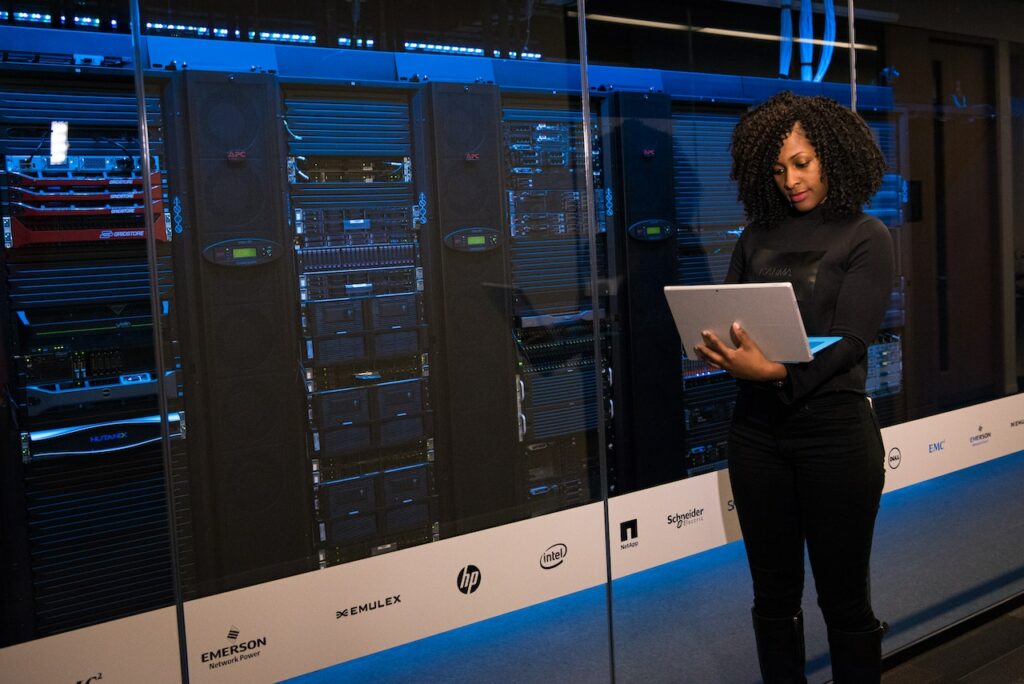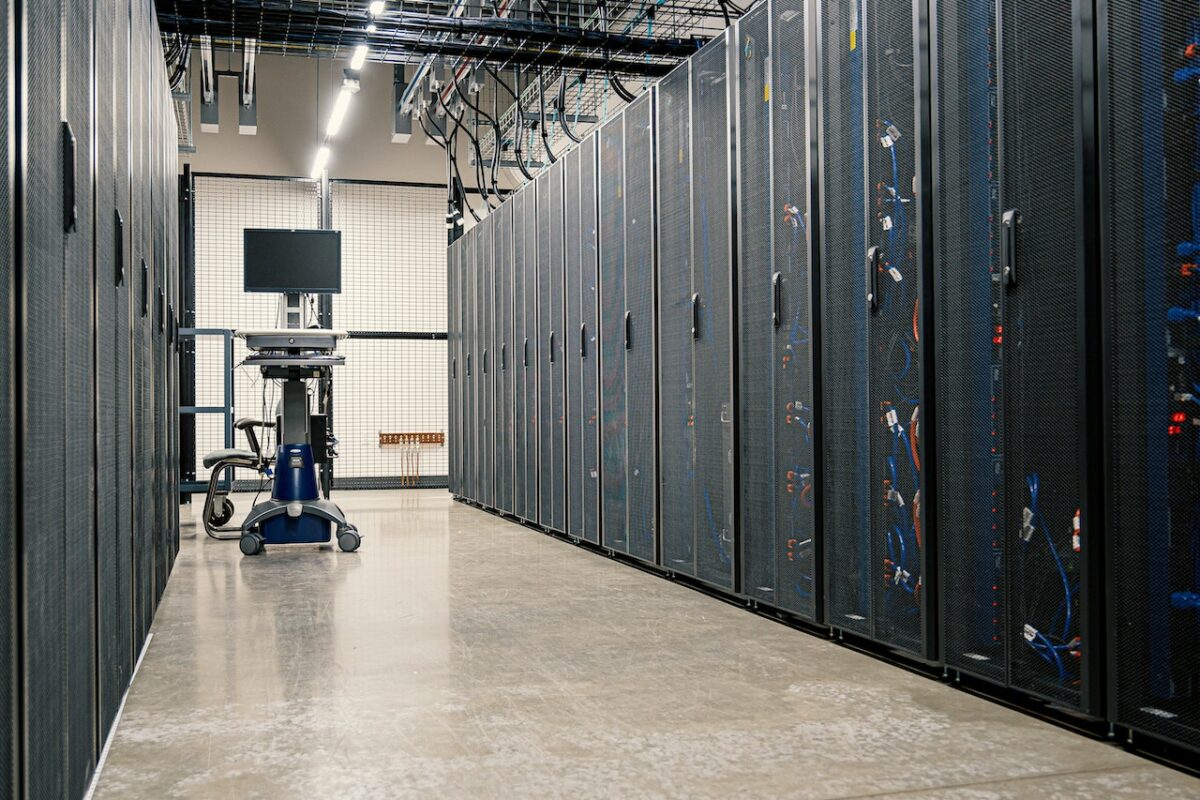High-Performance Computing (HPC) is a set of techniques that provides faster and more efficient computing than what is available with conventional hardware.
These techniques employ multiple processors, large data sets, complex algorithms, and distributed architectures to increase the performance of systems used for specific purposes.
HPC applications are increasingly being utilized worldwide to tackle challenging problems that would otherwise be difficult or impossible to solve.
This article will discuss some examples of HPC applications found in the real world.
Post Contents
Extensive Data Analysis
Extensive data analysis involves using powerful HPC tools such as Apache Spark and Hadoop to analyze massive volumes of data quickly and efficiently.
This analysis can help organizations gain insight into customer behavior, detect fraud and security threats, or even identify new business opportunities.
Additionally, it can provide valuable information to support decision-making processes and improve operational efficiency.
AI Snd Machine Learning
Artificial intelligence (AI) and machine learning applications are increasingly used in many industries, from healthcare to finance.
Thanks to HPC techniques, these AI systems can process large amounts of data and make decisions with high levels of accuracy.
These systems can automate tasks, such as recognizing images, predicting customer behavior, and even diagnosing diseases.
Moreover, AI and machine learning applications can build intelligent robots and autonomous vehicles.

Weather Forecasting
Weather forecasting is an example of an application where HPC techniques can create highly detailed and accurate predictions.
It can provide invaluable information for organizations such as the National Weather Service, which must make decisions that could save lives and property.
By utilizing HPC techniques, they can access data from various sources such as satellites, radar systems, and weather stations to generate forecasts with more accuracy than traditional methods.
Drug Discovery
HPC is also used in pharmaceutical research and drug discovery. In this application, scientists use computer simulations to study the properties and behavior of molecules, allowing for faster and more accurate identification of potential drug candidates.
Additionally, using HPC techniques can enable researchers to gain insight into the structure and function of proteins, which is essential in developing new medicines.
Moreover, HPC applications can speed up the drug development process and reduce costs associated with clinical trials.
Financial Modeling
Financial modeling is an HPC application that uses powerful tools to analyze massive amounts of data and generate accurate predictions about future financial trends.
HPC techniques allow financial analysts to analyze massive data sets and gain insight into market movements and behavior.
This information can be used to develop more accurate models and strategies to minimize risk and maximize return on investments.
What Are Important Considerations When Deciding To Use HPC?
Organizations must consider several essential factors when using HPC techniques to ensure the best possible outcome.
Organizations must have the necessary infrastructure and expertise to successfully implement HPC applications.
Additionally, it is essential to determine if the application requires a distributed architecture or if a single machine can handle the task.
Infrastructure
Organizations must have the hardware and software infrastructure to successfully implement an HPC application.
It can range from a single server or workstation to a cluster of computers with multiple CPUs and graphics cards.
Additionally, organizations should consider using cloud-based solutions that provide on-demand access to powerful computing resources.
System Management
HPC systems are complex and require careful management to ensure optimal performance.

Organizations must have a comprehensive HPC system management plan, including a strategy for installing, configuring, and maintaining HPC systems.
Additionally, administrators should be trained to effectively manage HPC systems and troubleshoot potential issues.
Organizations should also consider investing in third-party HPC system management solutions to facilitate the efficient implementation and operation of HPC applications.
Architecture
A single machine may be sufficient for some applications to perform the task.
However, for others, it may be necessary to set up a distributed architecture, which requires multiple computers and network connections.
In this case, organizations should consider the cost and complexity associated with setting up and maintaining such an environment.
Cost
Organizations should also consider the cost of developing, deploying, and maintaining an HPC application.
While many cloud-based solutions can reduce upfront hardware and software infrastructure costs, they may still incur ongoing expenses related to personnel or subscription services.
Additionally, organizations must factor in the cost of training personnel on properly using the technology.
Security
Organizations must take into account the security of their HPC applications.
It includes setting up firewalls and other security measures to protect against cyber-attacks, encrypting data, and implementing access control mechanisms to prevent unauthorized users from accessing sensitive information.
Additionally, organizations should be aware of any regulations or laws related to the use of HPC in their particular industry.
Performance
Organizations should regularly monitor and evaluate the performance of their HPC applications.
It involves determining if the application meets its objectives in terms of accuracy, speed, cost-effectiveness, and scalability.
Additionally, organizations should consider whether the new architecture requires changes in existing systems or processes to ensure that all components work together effectively.






























